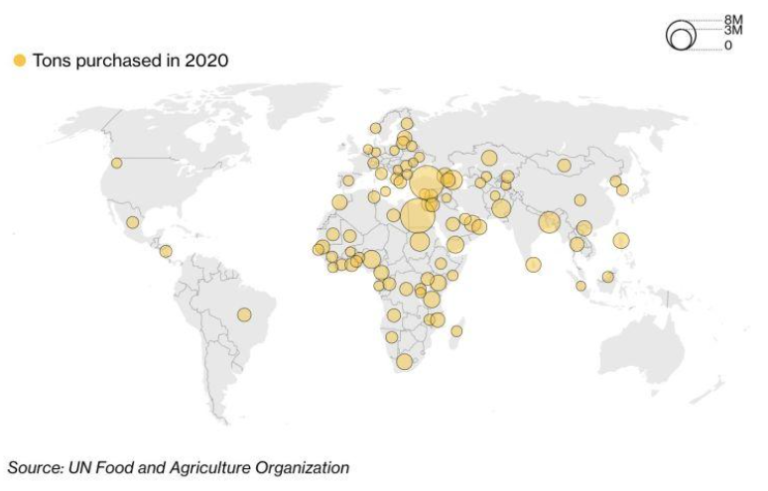In this season of doom and gloom, it is rejuvenating to celebrate this resounding success especially in sub-Sahara Africa: the official end to the era of #leadedpetrol, the elimination of a major threat to human and planetary health.
Phasing-out leaded petrol in SSA countries in the early years of this century has been an outstanding success that deserves to be recalled in order to impulse the next steps for improving clean air and sustainable mobility in SSA.
From only one country in Sept 2003, all SSA countries have successfully switched to unleaded gasoline by Dec 2005.
In Benin, airborne lead pollution in cities was topping the list of environment related health issues in 2000. The socio-economic cost of leaded gasoline in 4 of Benin’s major cities has been then estimated to be equivalent to 1,2% of the nation’s GDP.
The join action of UNEP and the Partnership for Clean Fuels and Vehicles (PCFV) have been instrumental in supporting and facilitating sub-Sahara African countries’ transition to unleaded gasoline, starting with the initial conference held in Dakar, in June 2001 which prompted many African countries to plan for switching to unleaded gas.
In Benin, the key outcomes of the national workshop held in July 2004 were:
– The legislation for importation of only unleaded gasoline, cars fitted with catalytic converters, for the country to become lead free by 31 December 2004 ;
– The setting of an age limit for imported used vehicles and the ban of the import of 2-stroke engine motorcycles, and – The decision to engage in an energetic public awareness campaign to enforce these decisions
Government officials have first had to battle with the widespread belief that leaded gas is required for older cars.
I remember Mr. John Mooney the co-inventor of catalytic converter in his communication to that workshop emphasizing that « Leaded gasoline is the worst fuel one could imagine for any engine, including those designed for leaded gasoline ».
Capacity building programs for Air Quality Monitoring has been key for building public awareness and support
What is needed next for Africa ? Safer and cleaner vehicles for sustainable mobility.
Currently, used vehicles imported in African countries are vehicles that should be rather dismantled in the exporting countries. Poor-quality used vehicles are one of the reasons many African countries are facing high/rising urban pollution, and high road accidents and fatalities.
It is projected that in the next two decades the number of light duty vehicles in Africa will triple and the oil demand double.
African Govts are contemplating the adoption and enforcement of minimum standards to ensure that imported used vehicles meet the EURO 4 minimum environment and safety requirements.
Let’s hope and work for a similar success story.
Follow the press conference with @andersen_inger, @janetgmccabe of @EPA, @LucGnacadja, @ipieca_brian & Mike Walsh
👉🏿youtu.be/1daMpAWT8t0


